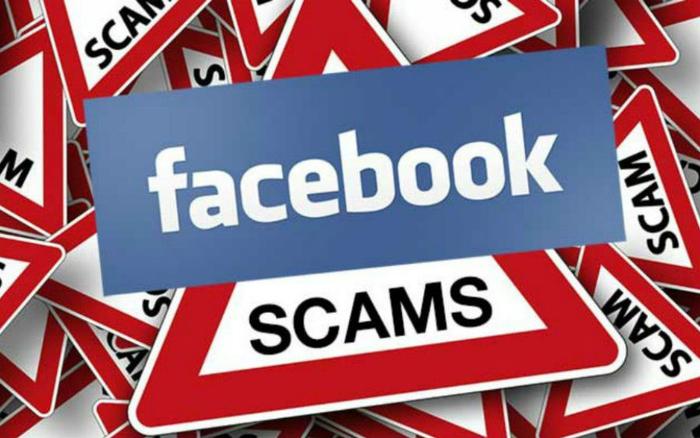
Facebook can be dangerous, not only is it a breeding ground for false information it can lead to identity and financial theft.
You should be extremely cautious about participating in quizzes, games and surveys that show up on your Facebook page. While these seem like fun, they can be a scam designed to steal your personal information.
These quizzes and surveys frequently ask you to answer personal questions about yourself. For example, what was the first concert you attended? or what grade school did you go to? These questions are often the same questions that websites use when you are setting up your account, they ask you to provide answers to a list of security questions. The questions and answers are used to verify your identity. Scammers trick people on social media sites to answer the same type of questions so they can hack into your accounts.
They can use the answers you provide and information they may already have from the many data breaches that have occurred to build a detailed profile on you. These data breaches have exposed other personal information such as your Social Security number, birthday, credit card number, phone number, address and more. They use this to steal your identity and open credit card and other accounts in your name. They also share the information on the dark web where it is used by other cybercriminals.
When you participate in these games, quizzes and surveys you are giving the developers permission to access certain account information. Most people don’t take the time to read the fine print and just by participating you are agreeing to allow them access to information included in your Facebook profile.
Have you ever read Facebooks “Terms of Use” or any of the other disclosure statements? Most of us have not, it is important to know what you are agreeing to before doing so.
So how do you protect yourself? Don’t participate in any quizzes, surveys or games on Facebook or any other site.
Not only can this lead to identity theft but your credit card information can also be stolen. Some of these games and quizzes offer you some type of prize for participating and may prompt you for personal information including your credit card number to qualify for the prize. This is always a scam.
Links, images and other content on Facebook and other social media sites often contain malicious code which can lead to a malware infection.
Review your privacy settings on Facebook to ensure that your account is as secure as possible. Use a strong, unique password and change it often. Enable multi-factor authentication.
Remove any details from your profile that are not necessary.
